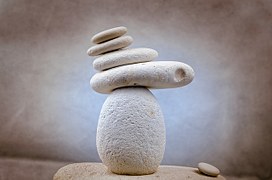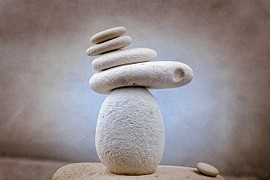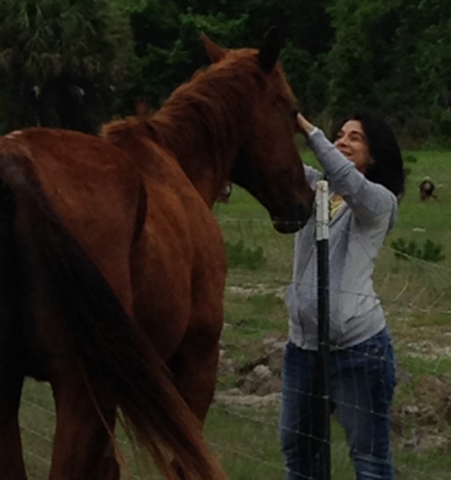What is EMDR?
EMDR (which stands for Eye Movement Desensitization and Reprocessing) is a modality used in psychotherapy. It was developed during the 1980s by a psychologist named Francine Shapiro. The procedure is non-invasive, and basically uses the patient’s own rapid eye movements to help lessen the negative power of emotionally-charged memories. It was first used in the treatment of PTSD and anxiety related issues. Since its inception its use has expanded and has been used effectively to treat many areas of anxiety, phobias, grief, changing negative patterns, addictions, pain management and many other issues. I often use it along with bilateral stimulation and NLP techniques to help my clients get the best results.
So how does EMDR work?
I use EMDR about 70-80% of my time with clients. It takes a different approach to dealing with challenges instead of relying on medications or on more traditional talk-therapy.
When we experience a disturbing event or a negative experience in our lives, it is stored in our memory along with the emotions that were unexpressed at the time. Since this often happens in our childhood we do not have the mental capacity to discern and process what truly happened. Our young brain does not have reasoning ability because it has not developed yet.
The memories,the events and the feelings all cause us to create a story about ourselves (what I call our ‘personal lie’) that is stored in our subconscious.
Until these emotions are expressed, processed and released the original story line or ‘personal lie’ will show up repeatedly in our lives and create havoc, often without being aware as to why until it is healed-once and for all!
Personal lies are the underlying belief we create about ourselves from these earlier experiences. Some of the most common lies are ‘I am unworthy’, ‘I am inadequate’, ‘I am unlovable’, ‘I cant trust anyone’.
I have observed how destructive these beliefs and lies can be. They can contaminate and cause someone to struggle with relationships on all levels such as intimate relationships, friendhships, money, career, and school.
EMDR helps desensitize both internal and external triggers.
Carl Jung said it best “Until you make the unconscious conscious, it will direct your life and you will call it fate.”
Until these emotions are expressed, processed and released the original event will show up repeatedly in our lives and create havoc, often without conciously being aware of why. Once the origianl event(s) have been processed the memory is dishcharged of the emotions and then just becomes a distant “memory. We have then created space in the subconscious to know the ‘truth’ about the situation and work to create new behaviours for the future.
Clients often state that they “feel like a weight has been lifted from them.”It’s been well-established that clients who receive EMDR treatment always tend to leave the sessions more relaxed and more at ease than they were when they arrived.
EMDR has been backed up by a number of medical studies. Countless people have seen remarkable recovery through the use of EMDR therapy—especially when combined with other modalities and life changes.
Because it is so safe and so effective, many believe that it should be a more common first-step approach to dealing with trauma and negative associations—and in my office, I’ve seen first-hand how effective it can truly be





